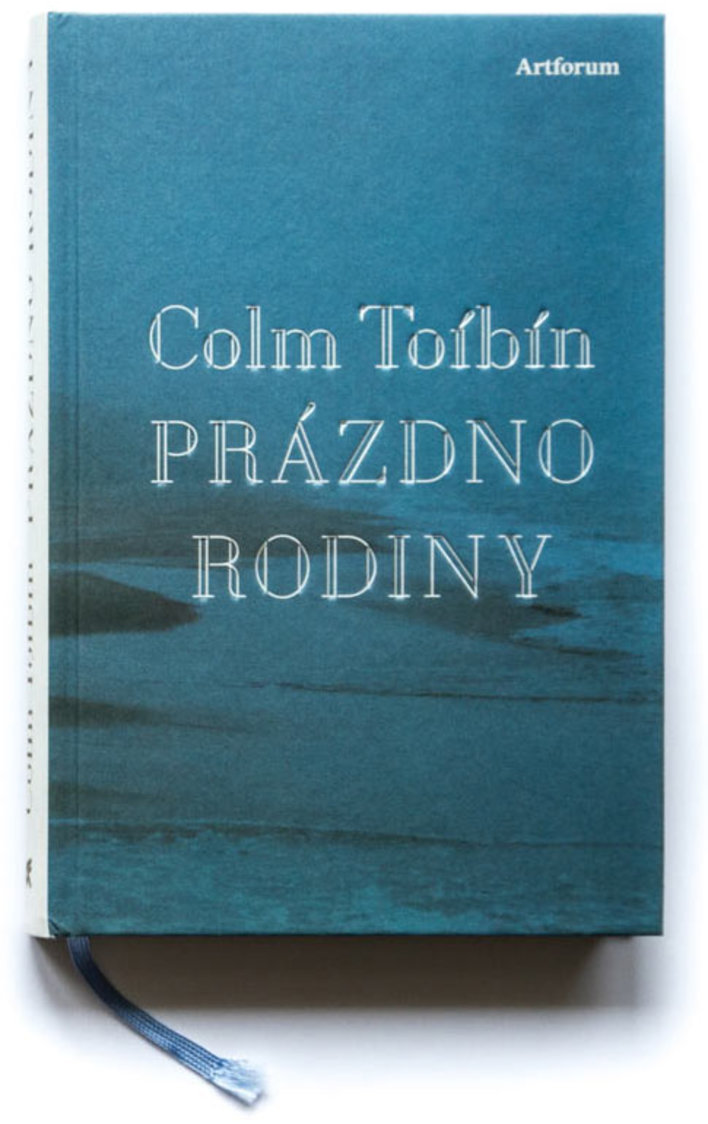The Empty Family
Colm Toíbín
Exquisite and almost excruciating collection, set in present-day Ireland. The Empty Family was shortlisted for the 2011 Frank O'Connor International Short Story Award
Colm Tóibín’s exquisitely written stories, set in present-day Ireland, 1970s Spain and nineteenthcentury England, are about people linked by love, loneliness and desire. Tóibín is a master at portraying mute emotion, intense intimacies that remain unacknowledged or unspoken. In this stunning collection, he cements his status as “his generation’s most gifted writer of love’s complicated, contradictory power” (Los Angeles Times).
“Silence” is a brilliant historical set piece about Lady Gregory, widowed and abandoned by her lover, who tells the writer Henry James a confessional story at a dinner party. In “Two Women,” an eminent Irish set designer, aloof and prickly, takes a job in her homeland, and is forced to confront devastating emotions she has long repressed. “The New Spain” is the story of an intransigent woman who returns home after a decade in exile and shatters the fragile peace her family has forged in the post-Franco world. And in the breathtaking long story “The Street,” Tóibín imagines a startling relationship between two Pakistani workers in Barcelona—a taboo affair in a community ruled by obedience and silence.
Tóibín’s characters are often difficult and combative, compelled to disguise their vulnerability and longings. Yet he unmasks them, and in doing so offers us a set of extraordinarily moving stories that remind us of the fragility and individuality of human life. As The New York Review of Books has said, Tóibín “understands the tenuousness of love and comfort—and, after everything, its necessity.”



